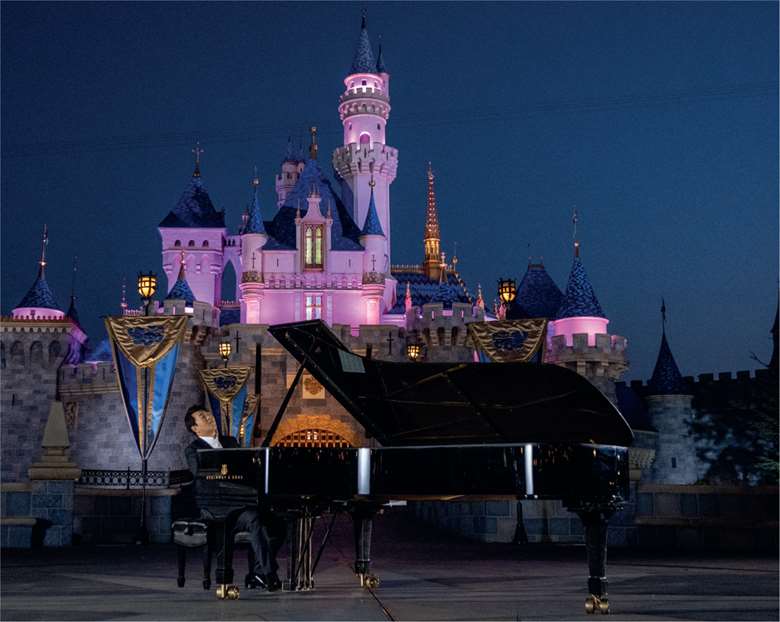Lang Lang: a whole new world
Owen Mortimer
Wednesday, November 2, 2022
Virtuoso arrangements of tunes from Disney movies are the focus of Lang Lang's latest album, which he hopes will offer younger listeners a way into classical music. Owen Mortimer reports

RICHARD HARBAUGH
Register now to continue reading
This article is from International Piano. Register today to enjoy our dedicated coverage of the piano world, including:
- Free access to 3 subscriber-only articles per month
- Unlimited access to International Piano's news pages
- Monthly newsletter






